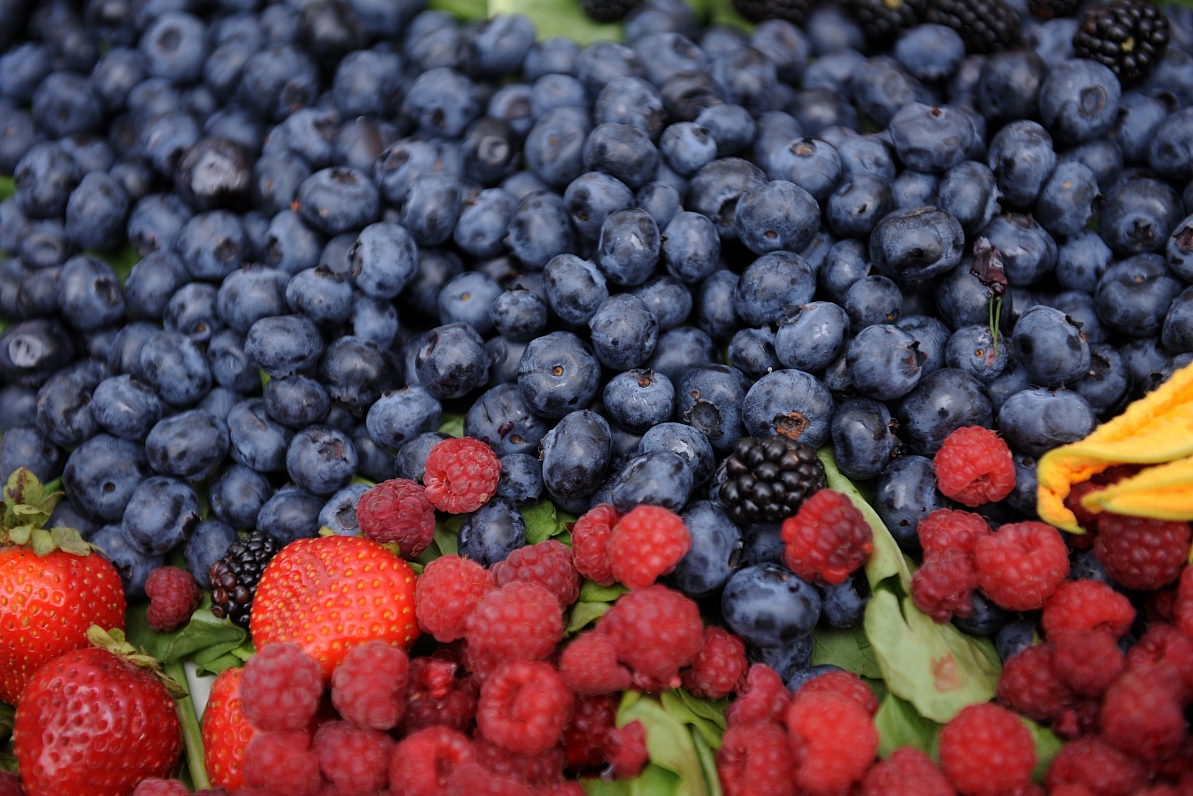For the first time in the world the scientists have shown that certain berry substances can make stem cells turn into other types of cells, for example, fatty tissue, and bone and cartilage cells. Before now the effects of these substances on tissue repair and bone strength hadn't yet been fully studied. The LU Geography and Earth Sciences Faculty researchers study how natural substances can be used in pharmacy, veterinary science and cosmetics.
"We wanted to develop environmentally friendly methods for gaining active substances through an extraction process that doesn't use toxic solvents and working with such raw materials as, for example, berry pulp," said LU Professor Māris Kļaviņš.
The extracted substances can attract free radicals, trapping molecules that promote ageing. The studies are conducted in cooperation with colleagues from the LU Medicine Faculty. For the first time the scientists have proven that the malvidin found in berries promotes cell formation. Cyanidin and Delphinidin stimulate tissue cell growth. Delphinidin also minimizes the formation of fatty tissue.
"We have to think about how these substances can reach stem cells in the body. That's work for the future. Even just eating berries we never know where which berries end up in our bodies," said LU Professor Ruta Muceniece.
The results have already been published in a prestigious international scientific journal. They can now be used for further discoveries by scientists from other countries. The scientists hope that eventually the studies will result in a dietary supplement. One prototype has already been developed.
As previously reported, the University of Latvia has been ranked from 801 to 1,000 in the Times Higher Education World University Rankings 2020 research.
Yet another reason to head into the forests with a basket this year!




























